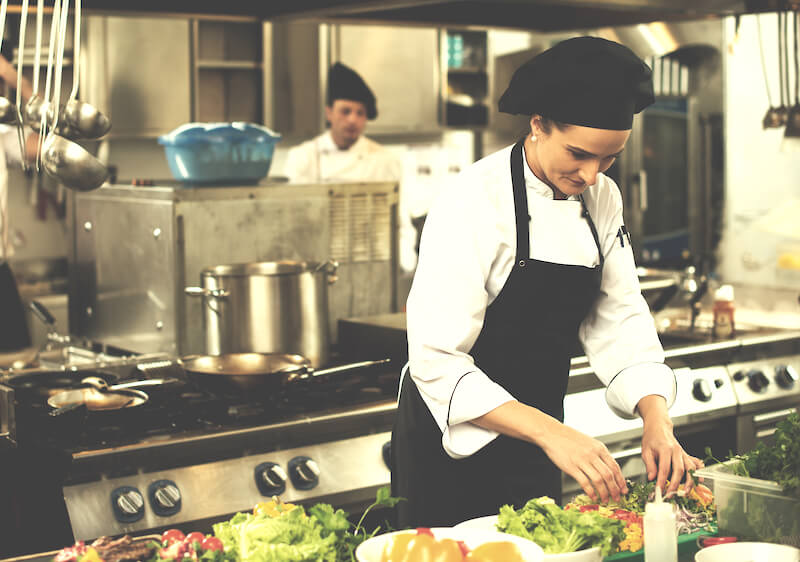
HomeMaid
Web Developer
How Often Should You Clean Your Commercial Kitchens?
As a chef, maintaining a clean kitchen can be quite overwhelming, and probably one of the least favourite chores you have to deal with. Your niche is perhaps applying your creativity and expertise in culinary skills to satisfy your clients. However, cleaning is one of those frustrations you will always have to deal with. In addition to staying on the safe side with the concerned authorities, it maintains hygiene to ensure that the best standards are upheld for your clients.
How often should you clean your commercial kitchen?
There is no single answer to best answer this question. Considering the numerous equipment, utensils, and appliances used in a commercial kitchen, each needs to be cleaned with different frequency. Below is a quick guide on how often you should carry out your cleaning routine:
Daily routines
Before embarking on any tasks, you should ensure the following are cleaned to ensure smooth operations:
- Switch the cutting boards
- Empty the trash bins
- Brush the grills before cooking any meat
- Change the cleaning rags as well as the sanitising water
After working each shift, it is equally essential to maintain the cleanliness standards of the kitchen:
- Brush the grill
- The steam table should be cleaned
- Used rags, aprons, and chef coats should be put in the laundry
- Clean the meat and cheese slicer after use
- Cover all bins
- Kitchen floors should be moped
- Clean the floor mats
- Clean the fryers
- Sweep the walk-in refrigerator
- Sanitise all surfaces
Weekly routines
- Degrease the faucet and sinks
- Clean the oven; both inside and out while following the manufacturer’s instructions to avoid damage. This
- helps prevent inset flavours from past foods.
- Oil cast iron cookware to keep them from rusting
- Clean the coffee machine
- Sanitise and clean the walk-in coolers
Monthly routines
- Clean the walls and ceiling
- Clean behind the hotline to clear up the grease build-up. This is a major fire hazard and can be quite hard to clear up if left for long.
- Clean and sanitise both the freezer and the ice machine. This helps avoid heavy freezing and bacterial issues.
- Additional maintenance routines include: restocking the first aid kit, changing the pest traps, calibrating the ovens and thermometers, and sharpening the slicers.
